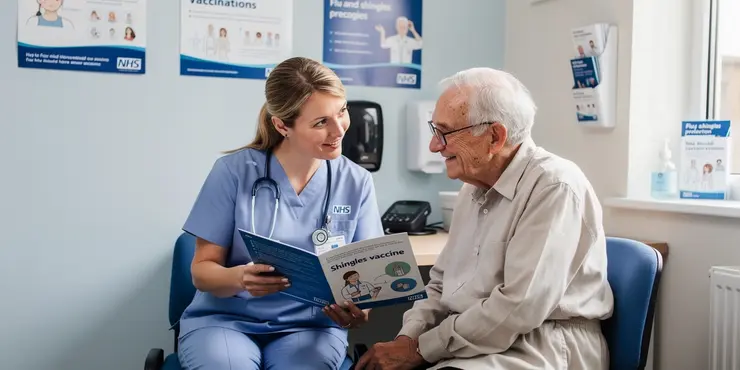
Find Help
More Items From Ergsy search
-
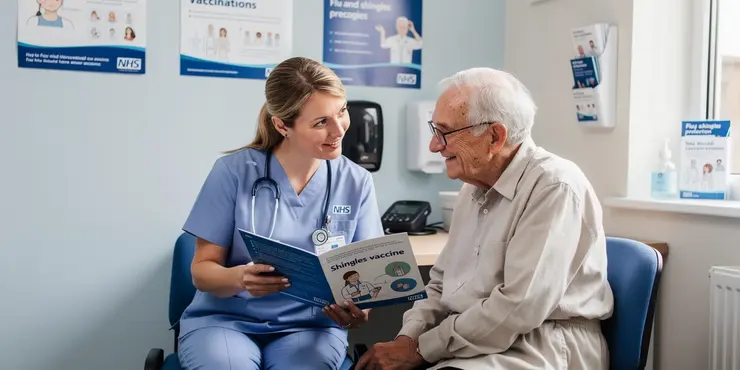
Is the shingles vaccine safe?
Relevance: 100%
-
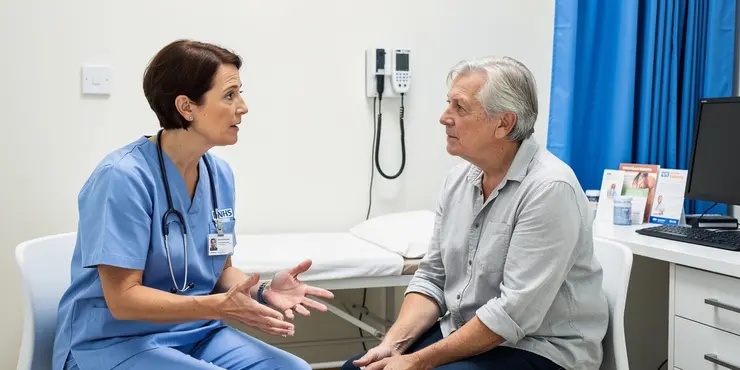
Can the shingles vaccine cause chickenpox?
Relevance: 91%
-
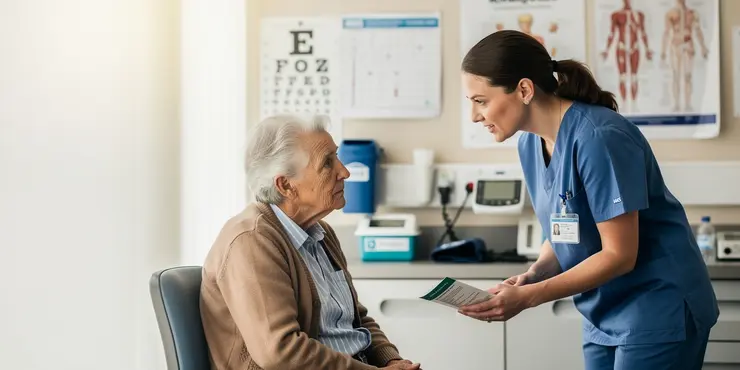
Can the shingles vaccine cause chickenpox?
Relevance: 90%
-
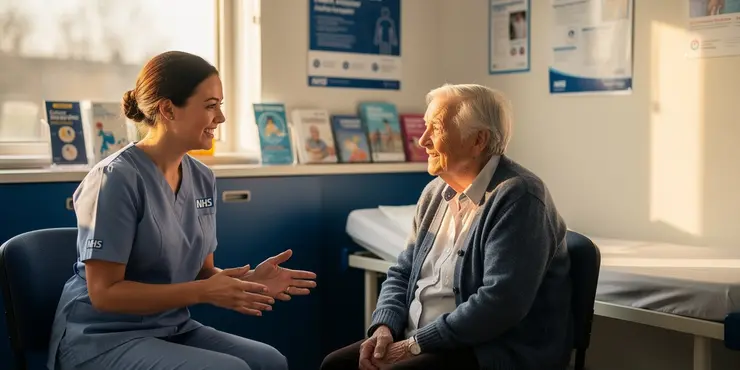
At what age should one get the shingles vaccine?
Relevance: 82%
-
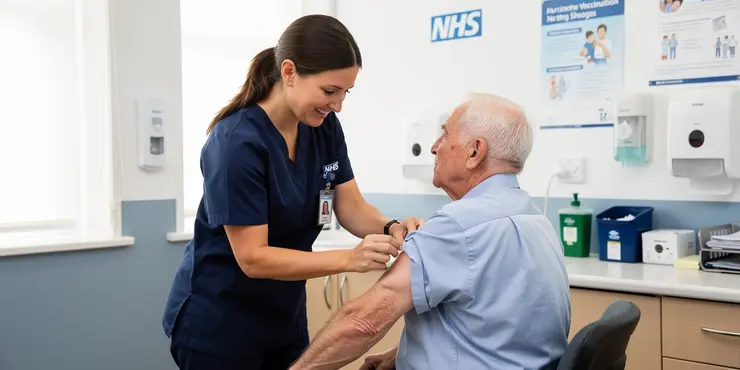
At what age should one get the shingles vaccine?
Relevance: 81%
-
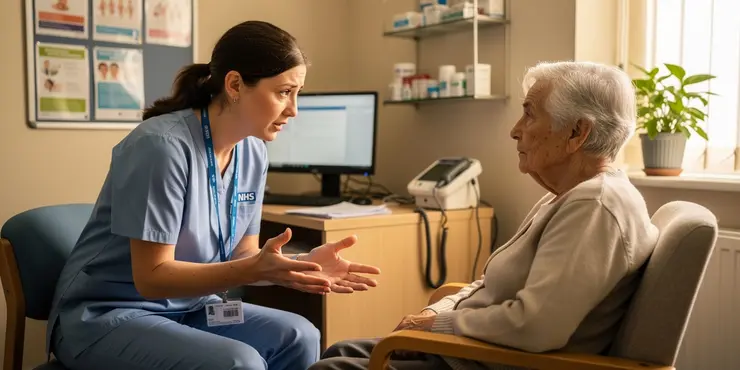
What is Shingles?
Relevance: 75%
-
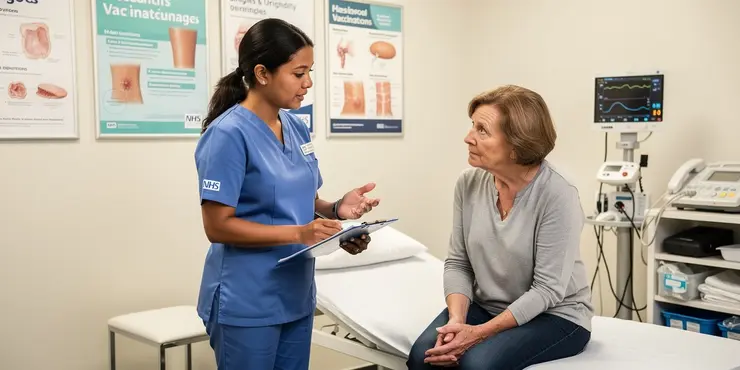
Is shingles contagious?
Relevance: 75%
-
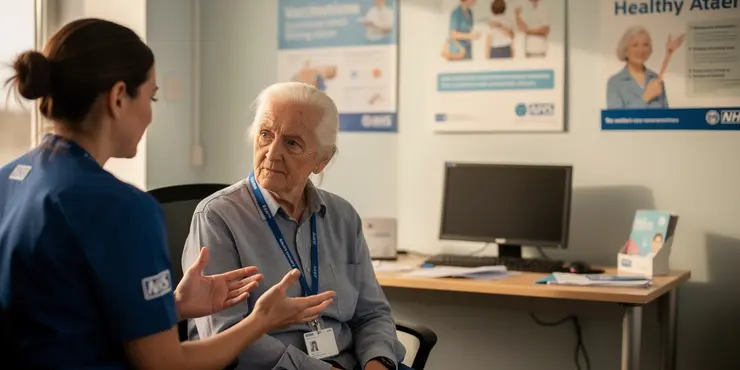
Can shingles be prevented?
Relevance: 75%
-
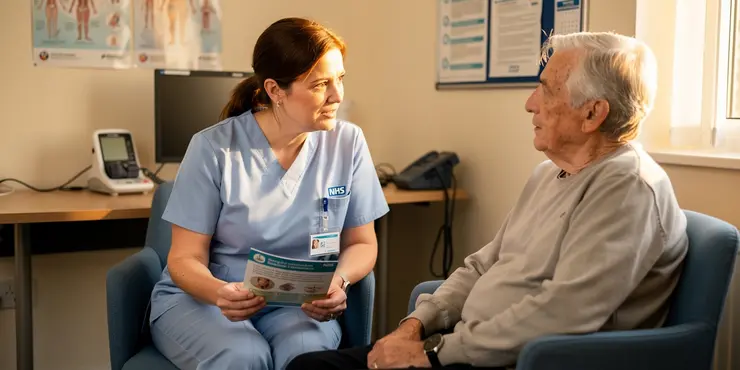
Can shingles be prevented?
Relevance: 74%
-
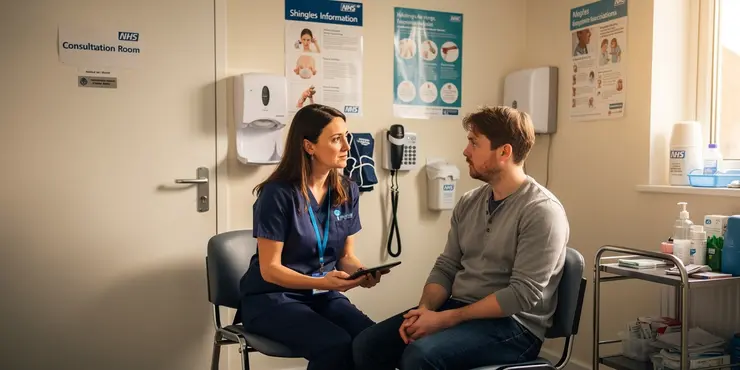
What is shingles?
Relevance: 73%
-
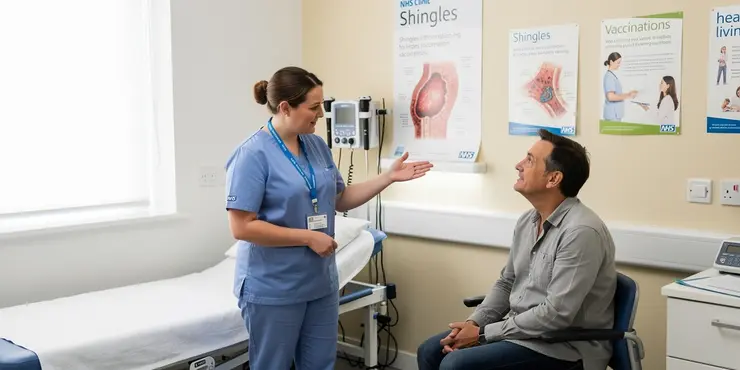
Is shingles contagious?
Relevance: 73%
-
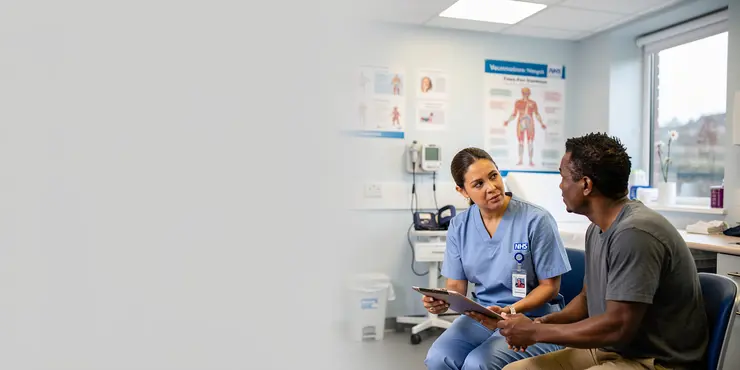
What causes shingles?
Relevance: 71%
-
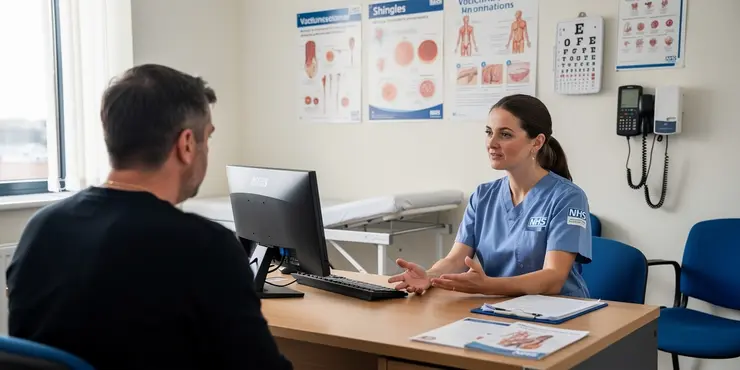
What causes shingles?
Relevance: 70%
-
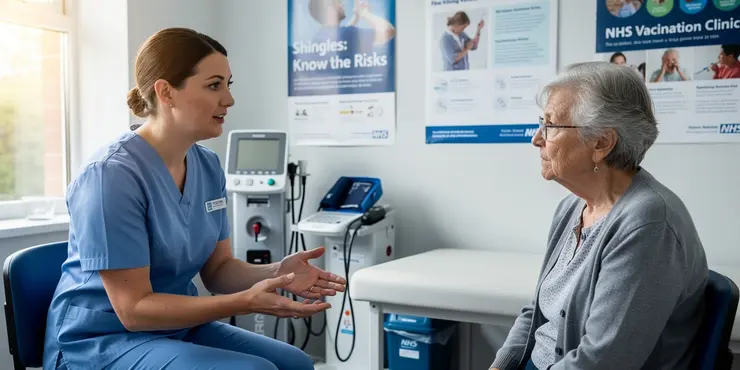
Are there any complications associated with shingles?
Relevance: 69%
-
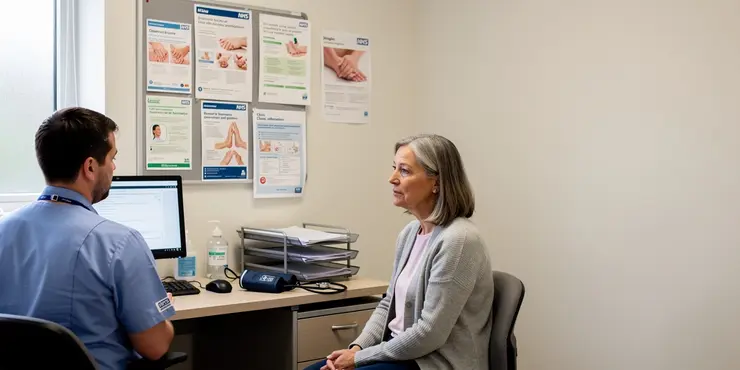
What treatments are available for shingles?
Relevance: 67%
-
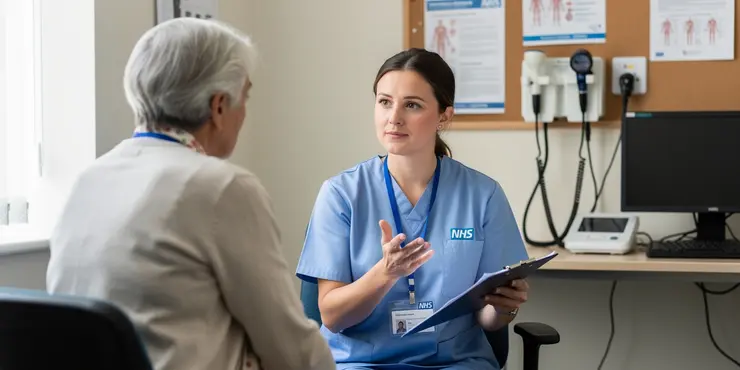
Who is at risk of developing shingles?
Relevance: 67%
-
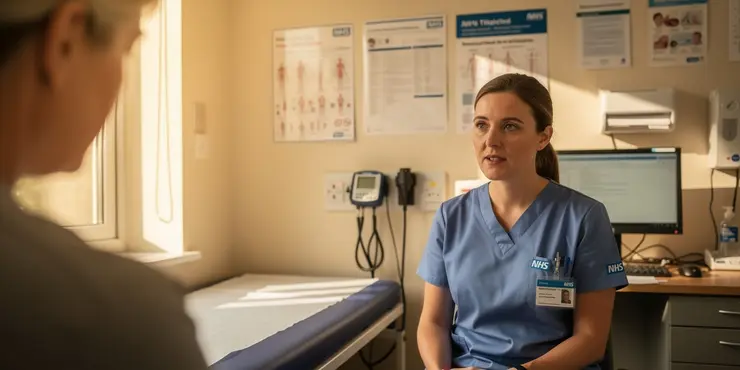
What treatments are available for shingles?
Relevance: 66%
-
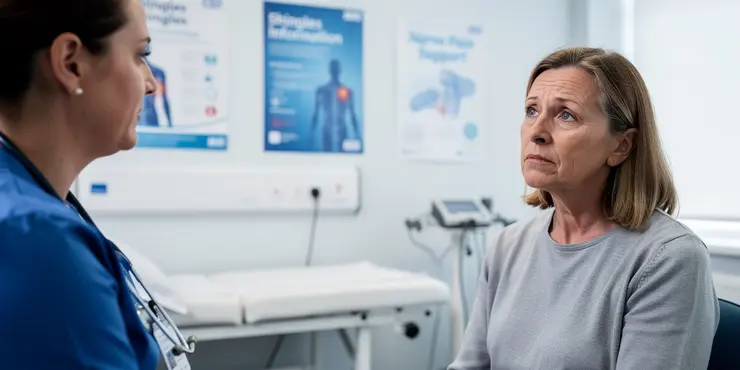
Are there any complications associated with shingles?
Relevance: 65%
-
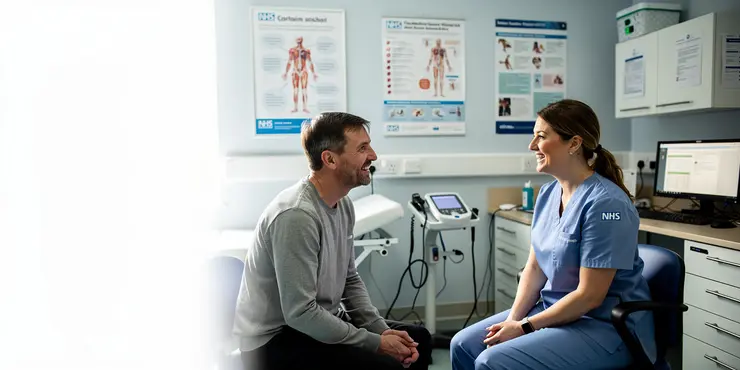
Can stress trigger shingles?
Relevance: 60%
-
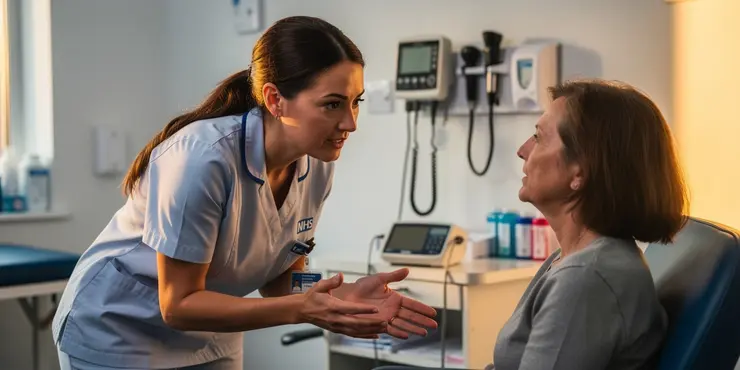
Can stress trigger shingles?
Relevance: 60%
-
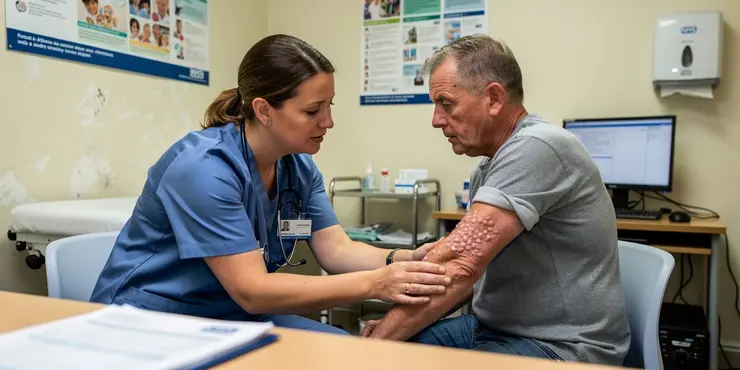
How is shingles diagnosed?
Relevance: 58%
-
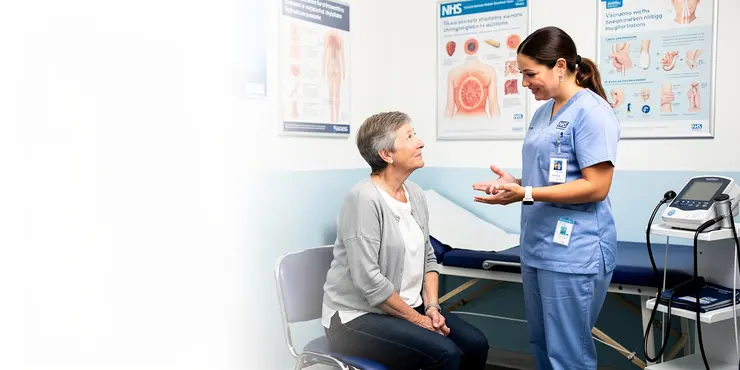
What are the symptoms of shingles?
Relevance: 58%
-
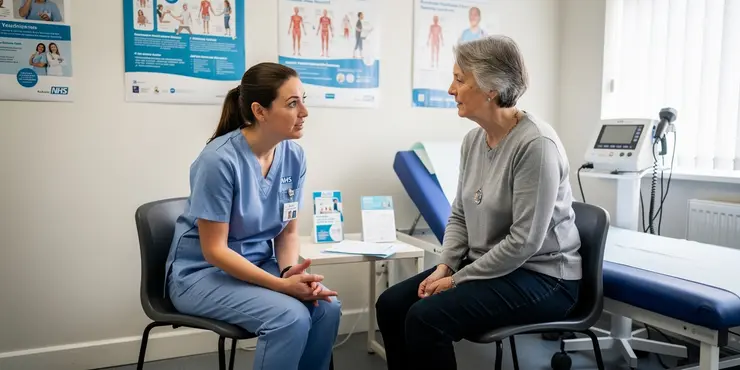
Are vaccines safe?
Relevance: 51%
-
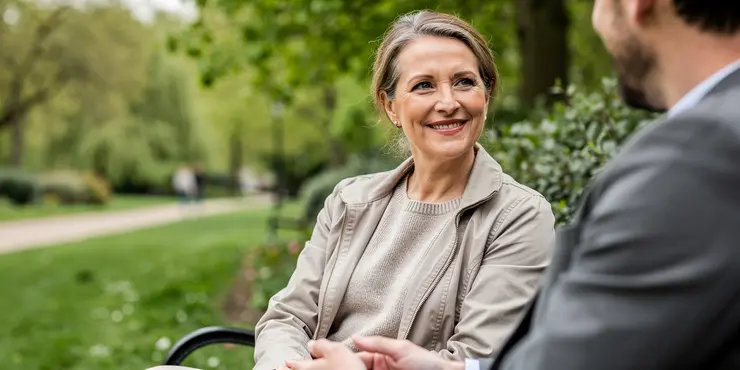
Who is at risk of developing shingles?
Relevance: 47%
-
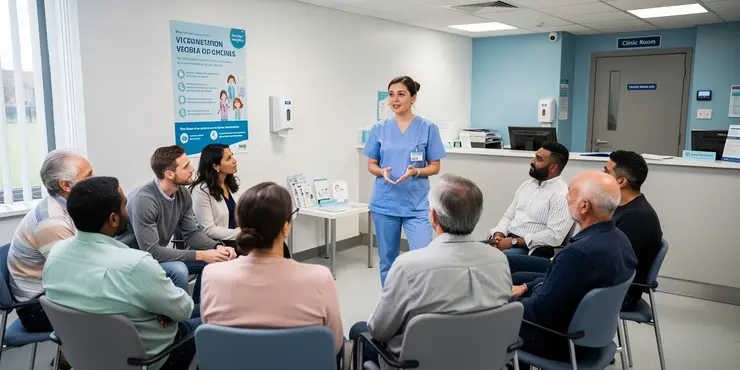
What is a vaccine?
Relevance: 47%
-
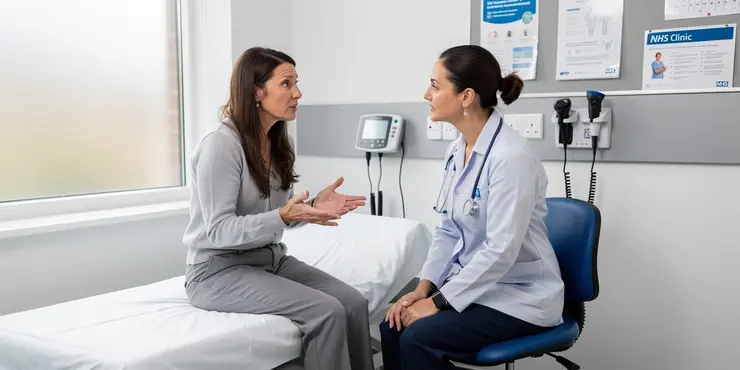
What should I do if I think I have shingles?
Relevance: 45%
-
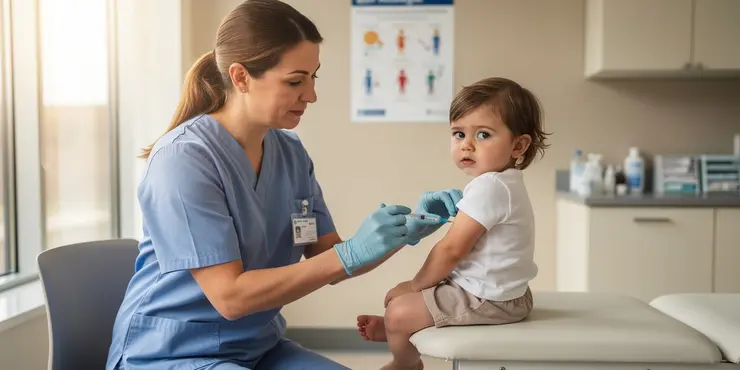
Can everyone receive vaccines?
Relevance: 44%
-
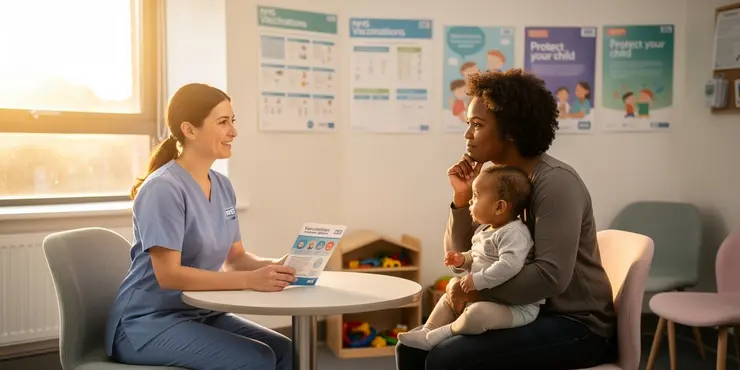
Should I get the chickenpox vaccine?
Relevance: 44%
-
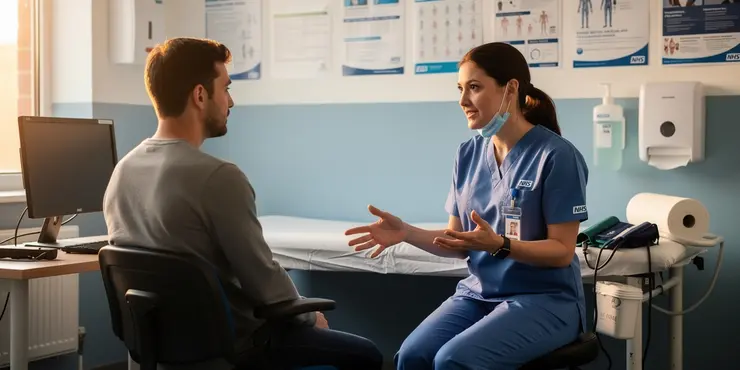
How are vaccines tested for safety?
Relevance: 43%
-
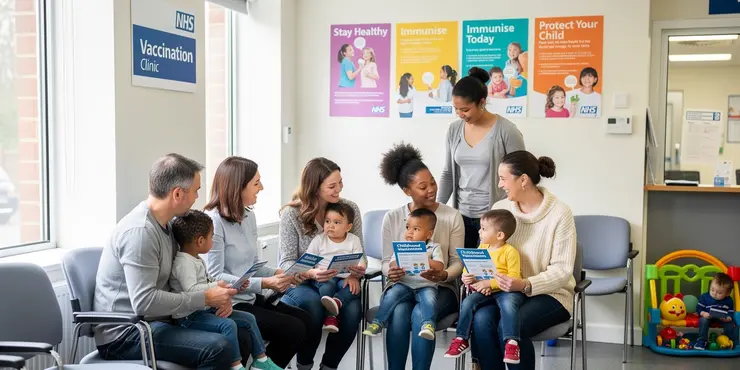
Have there been any government campaigns to increase vaccination rates?
Relevance: 43%
-
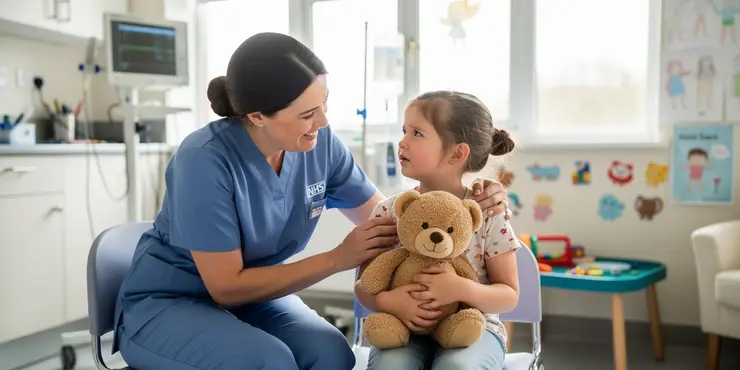
Is there a vaccine for norovirus?
Relevance: 42%
-
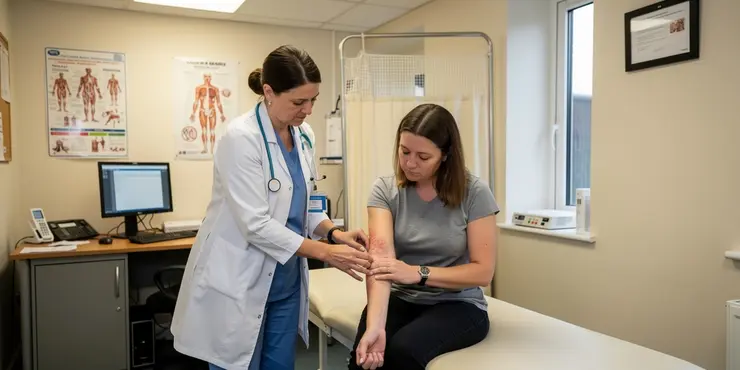
How is shingles diagnosed?
Relevance: 42%
-
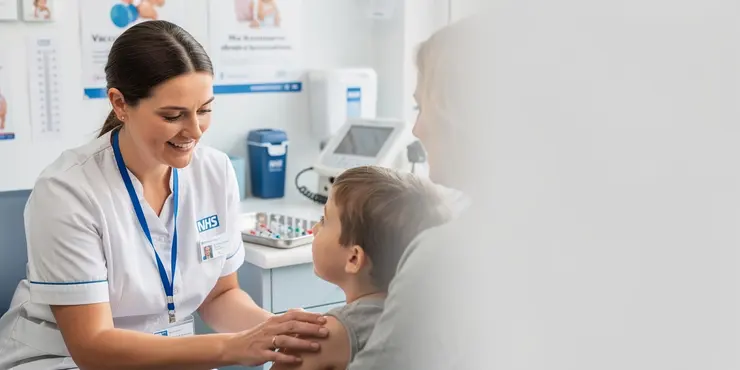
Are vaccines linked to autism?
Relevance: 42%
-
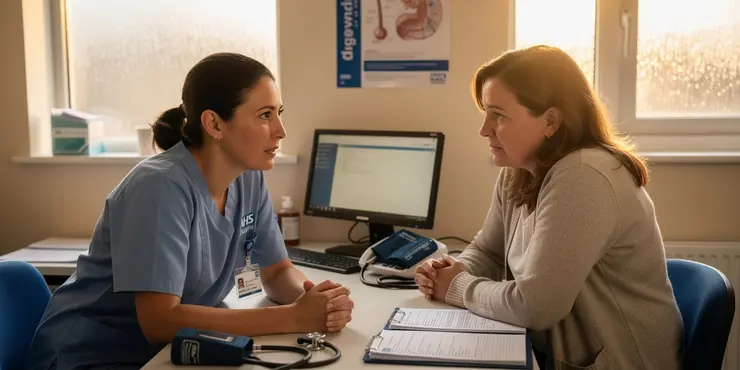
Is there a vaccine for Lyme disease?
Relevance: 41%
-
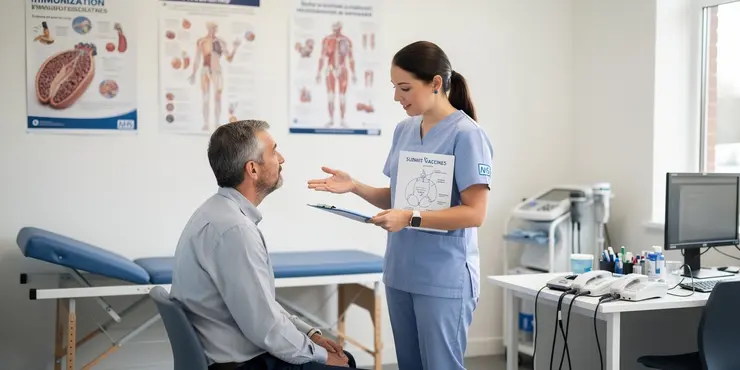
What is a subunit vaccine?
Relevance: 41%
-
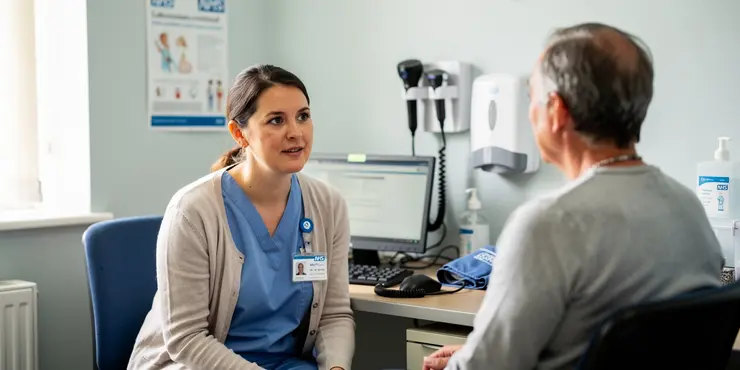
Is there a vaccine for Marburg virus?
Relevance: 41%
-
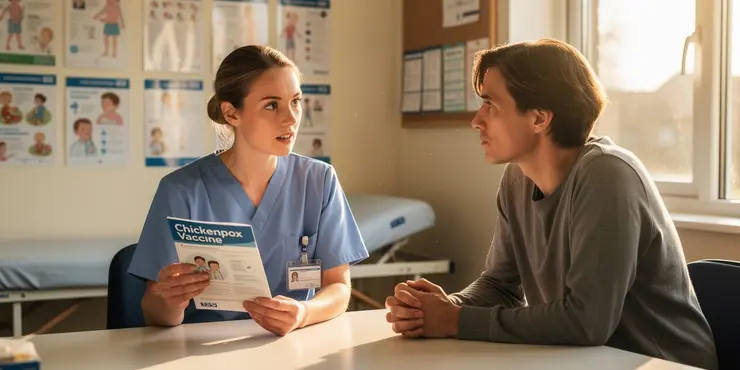
Who should get the chickenpox vaccine?
Relevance: 41%
-
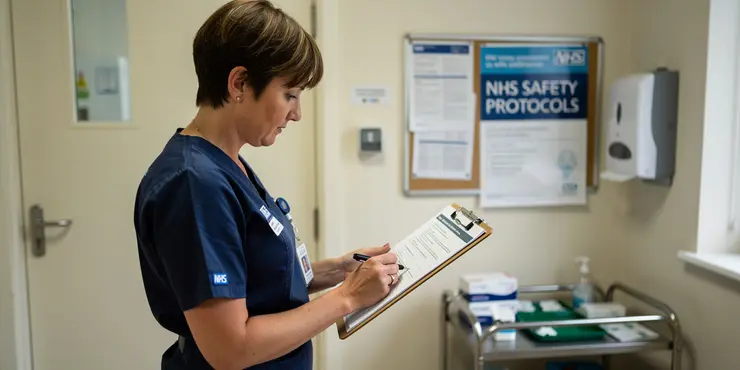
Health and safety responsibilities
Relevance: 41%
-
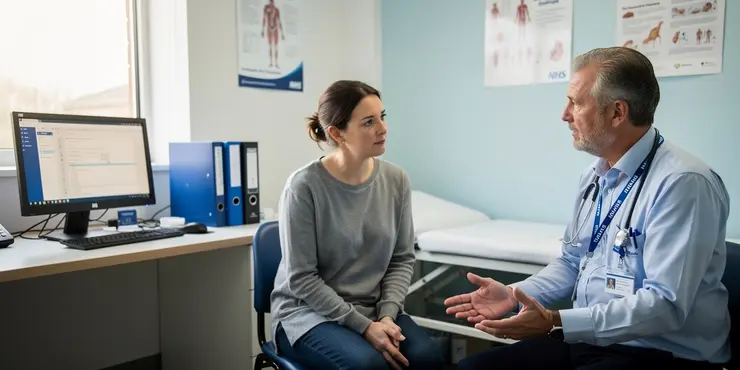
How long does a shingles outbreak last?
Relevance: 41%
-
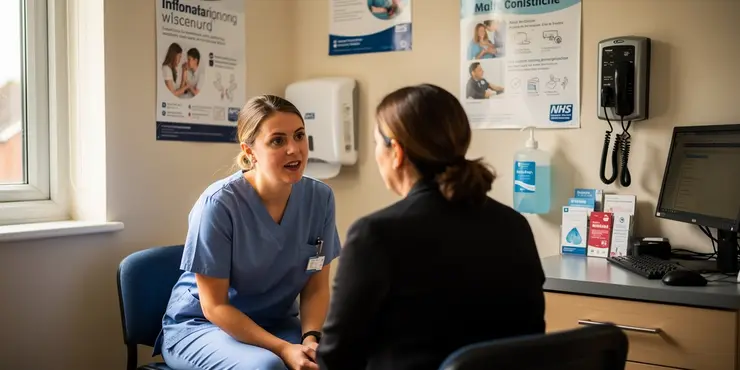
Is there a vaccine for gonorrhoea?
Relevance: 41%
Understanding the Shingles Vaccine
The shingles vaccine is an important preventative measure against shingles, a painful condition caused by the reactivation of the varicella-zoster virus, the same virus that causes chickenpox. In the UK, two types of shingles vaccines are primarily available: Zostavax and Shingrix. These vaccines are recommended for adults, predominantly those over 70, as the risk of developing shingles increases with age.
Vaccine Safety and Approval
The shingles vaccines used in the UK have undergone rigorous testing to ensure they are both safe and effective. The Medicines and Healthcare products Regulatory Agency (MHRA) is responsible for regulating vaccines and medicines in the UK. This agency ensures that vaccines meet high standards of safety and efficacy before being approved for use. The shingles vaccine, like all vaccines, has met these stringent standards.
Side Effects
As with any medical intervention, there are potential side effects associated with the shingles vaccine. However, these are generally mild and self-limiting. Common side effects include redness, swelling, or soreness at the injection site, and some people may also experience headaches or fatigue shortly after vaccination. Serious side effects are extremely rare.
Importance for the Elderly
Vaccinating against shingles is particularly important for elderly individuals, as they are more susceptible to complications from the disease, such as postherpetic neuralgia, which can cause prolonged pain even after the rash has healed. By reducing the risk of developing shingles, the vaccine also significantly decreases the likelihood of these complications.
Consultation and Access
Those eligible for the shingles vaccine in the UK are usually contacted by their GP surgery. It is advisable for individuals to discuss their vaccination options with healthcare professionals, especially if they have pre-existing health conditions. Healthcare providers will have the latest information on vaccine availability and potential contraindications based on individual health circumstances.
Current Recommendations
The Joint Committee on Vaccination and Immunisation (JCVI) recommends the vaccination for all adults aged 70 to 79. This initiative helps protect the older population from experiencing the severe symptoms and complications related to shingles. The vaccine is part of the NHS routine vaccination programme and is available free of charge to those eligible.
Conclusion
In conclusion, the shingles vaccine is considered a safe and necessary intervention for preventing shingles in older adults in the UK. While mild side effects may occur, the benefits of vaccination in preventing severe disease far outweigh the potential risks. People eligible for the vaccine should consult with their healthcare provider to discuss their individual health conditions and the benefits of receiving the vaccine.
Understanding the Shingles Vaccine
The shingles vaccine helps stop people from getting shingles. Shingles is a painful illness caused by a virus called varicella-zoster. This virus also causes chickenpox. In the UK, there are two main vaccines for shingles: Zostavax and Shingrix. These vaccines are mainly for adults over the age of 70 because older people have a higher chance of getting shingles.
Vaccine Safety and Approval
The shingles vaccines used in the UK have been carefully tested to make sure they are safe and work well. The MHRA checks vaccines and medicines to ensure they are safe. They make certain that the shingles vaccine is good to use. This vaccine, just like all others, is checked to high standards before it can be used.
Side Effects
Like any medicine, the shingles vaccine might have side effects. These are usually mild and go away on their own. Common side effects include redness, swelling, or soreness where the injection was given. Some people might also have a headache or feel tired shortly after the vaccination. Serious side effects are very rare.
Importance for the Elderly
Getting the shingles vaccine is very important for older people. They are more likely to have problems from shingles, like long-lasting pain from a condition called postherpetic neuralgia, even after the rash disappears. The vaccine lowers the chances of getting shingles and these problems.
Consultation and Access
In the UK, people who can get the shingles vaccine are usually contacted by their doctor. It is a good idea to talk with a healthcare worker about getting vaccinated, especially if you have other health issues. Healthcare providers can give the most recent information about the vaccine and tell you if it’s right for you.
Current Recommendations
The JCVI says that all adults aged 70 to 79 should get the shingles vaccine. This helps protect older people from the bad symptoms and problems that shingles can cause. The vaccine is part of the NHS routine vaccination programme and is free for people who can get it.
Conclusion
To sum up, the shingles vaccine is safe and important for stopping shingles in older adults in the UK. While there may be mild side effects, the vaccine's benefits in preventing serious illness are much greater than the risks. People who can get the vaccine should talk to their healthcare provider to learn more about how it can help them.
Frequently Asked Questions
What is the shingles vaccine?
The shingles vaccine helps protect against shingles, a painful rash caused by the varicella-zoster virus, which is the same virus that causes chickenpox.
Is the shingles vaccine safe?
Yes, the shingles vaccine is considered safe for most people. It has been tested in clinical trials and is monitored for safety by health organizations.
Are there side effects from the shingles vaccine?
Some people may experience mild side effects, such as redness, swelling, or soreness at the injection site. More severe reactions are rare.
Who recommends the shingles vaccine?
The Centers for Disease Control and Prevention (CDC) and other health organizations recommend the shingles vaccine for adults over 50.
Is the shingles vaccine recommended for everyone?
The vaccine is recommended for most adults age 50 and older, but not for everyone. It's important to discuss your medical history with a healthcare provider.
How effective is the shingles vaccine?
The Shingrix vaccine is more than 90% effective at preventing shingles and postherpetic neuralgia in older adults.
Can the shingles vaccine cause shingles?
No, the shingles vaccine does not cause shingles. It contains inactive components of the varicella-zoster virus that do not cause illness.
How many doses of the shingles vaccine are required?
Shingrix, the recommended shingles vaccine, requires two doses. The second dose is given 2 to 6 months after the first.
What is the difference between Shingrix and Zostavax?
Shingrix is a recombinant vaccine recommended over the older Zostavax, which is a live vaccine, due to higher efficacy and longer-lasting protection.
Can I get the shingles vaccine if I’ve already had shingles?
Yes, even if you've had shingles, you can receive the vaccine to help prevent future occurrences.
Are there people who should not get the shingles vaccine?
People with severe allergies to any component of the vaccine or those who are pregnant should not get the shingles vaccine.
What should I do if I have a severe reaction to the shingles vaccine?
Seek medical attention immediately, and report the reaction to your healthcare provider.
Can the shingles vaccine be given with other vaccines?
Yes, the shingles vaccine can be given at the same time as other vaccines, such as the flu vaccine.
Is Shingrix a live vaccine?
No, Shingrix is not a live vaccine; it is a recombinant vaccine, which means it uses a piece of the virus to provoke an immune response.
What age should I get the shingles vaccine?
The CDC recommends that adults 50 years and older receive the shingles vaccine.
How long does the protection from the shingles vaccine last?
Current studies show that the protection from Shingrix lasts at least 7 years, but this may be longer as more data becomes available.
Do I need the shingles vaccine if I had chickenpox as a child?
Yes, having had chickenpox increases your risk of shingles, so the vaccine is recommended.
Will Medicare cover the cost of the shingles vaccine?
Medicare Part D and many private insurance plans cover the shingles vaccine, but check with your specific plan for details.
Where can I get the shingles vaccine?
You can get the shingles vaccine at your doctor's office, pharmacies, and some community health clinics.
How long after receiving the shingles vaccine am I protected?
You will start receiving protection after the first dose, but full protection requires the complete series of two doses.
What is the shingles vaccine?
The shingles vaccine is a shot. It helps to stop you from getting shingles. Shingles is a skin rash that can hurt a lot.
If you get the vaccine, it can keep you safe from this rash. It can also make the rash less painful if you do get it.
Ask your carer, nurse, or doctor for more help or information. They can explain more about the vaccine and if you need it.
You can also look at pictures or videos to help you understand better. It is okay to ask questions if you do not understand.
The shingles vaccine helps protect you from shingles. Shingles is a painful rash. It is caused by a virus called varicella-zoster. This is the same virus that causes chickenpox.
Is the shingles vaccine safe?
The shingles shot is safe for most people. Talk to your doctor if you are worried.
Some people might feel a bit sore, tired, or have a mild fever after the shot.
It's a good idea to ask a family member or friend for help if you feel unwell.
Use simple words or pictures to remember what your doctor says.
If you use a computer or tablet, you can find easy videos that explain the shingles shot.
Yes, the shingles vaccine is safe for most people. Doctors have tested it to make sure it is safe. Health experts also keep checking it to make sure it stays safe.
Can the shingles shot make you feel unwell?
Some people might feel a little sick after getting the shingles shot. It's like when you get a small bump or feel tired. It's usually nothing to worry about.
To feel better:
- Rest if you feel tired.
- Drink lots of water.
- If it hurts, ask a grown-up if you can take a pain pill.
If you feel very sick, tell a grown-up to call the doctor.
Sometimes the spot where you get a shot might turn red, swell up, or feel a bit sore. This doesn't happen to everyone and is usually not bad. Serious problems are really rare.
Who says the shingles vaccine is good?
The shingles vaccine helps keep you safe from shingles.
Doctors and health experts say you should get the shingles vaccine.
Here are some tools that can help you understand more:
- Ask a nurse or doctor. They can explain things to you.
- Look at pictures or videos. They help make things clearer.
- Use simple apps or websites that talk about health topics.
The CDC, which is a big health group, says people over 50 should get the shingles shot. Other health groups agree.
Should everyone get the shingles vaccine?
The shingles vaccine is not for everyone. It is mainly for older adults. People over 50 should talk to their doctor about it. The doctor can help decide if the vaccine is best for you.
If you need help reading, you can ask someone to read it with you. You can also use an app that reads text out loud. This makes it easier to understand.
The vaccine is a special medicine to help protect people from getting sick. It is a good idea for most adults who are 50 years old and older. But it is not for everyone. You should talk to your doctor or nurse about your health before getting the vaccine.
Helpful Tips:
- Write down any questions you have before visiting your doctor.
- Bring someone you trust to your appointment to help you remember what the doctor says.
- Use pictures or drawings to help you understand your doctor's advice.
How well does the shingles vaccine work?
The shingles vaccine helps prevent shingles, a painful skin rash. It works well for most people.
Here are some tips to help understand this information:
- Ask someone to read this with you.
- Look at pictures or videos about the shingles vaccine.
- Use a dictionary to learn new words.
The Shingrix vaccine works really well. It stops more than 90% of older people from getting shingles and the pain it can cause after.
Can the shingles shot make you sick with shingles?
No, the shingles shot does not make you get shingles. It has parts of the varicella-zoster virus, but they are not alive. This means they cannot make you sick.
How many times do you need the shingles vaccine?
The shingles vaccine protects you from getting shingles, which is a painful rash.
Most people need 2 doses (or shots) of the vaccine to be safe. A dose is one shot of the vaccine. You get the shots at different times.
It can be helpful to:
- Write down when you get your first shot, so you remember when to get the second one.
- Ask a friend or family member to remind you about your next shot.
- Use a calendar or phone reminder to keep track of your vaccine schedule.
The shingles vaccine called Shingrix needs to be given two times. You get the second shot 2 to 6 months after the first one.
How are Shingrix and Zostavax different?
Shingrix and Zostavax are both shots to help protect you from shingles, but they are not the same.
Here is how they are different:
- Shingrix works better to stop shingles.
- You need two shots of Shingrix, but only one of Zostavax.
- Shingrix can work for many years. Zostavax might not last as long.
If you need more help to understand, you can ask a friend or family member.
Using simple tools like drawings or getting a doctor to explain can also help.
Shingrix is a new type of vaccine. It works better than the old vaccine, Zostavax. Shingrix gives longer protection. It helps keep you safe from getting sick.
Can I have the shingles vaccine if I have already had shingles?
Yes, you can get the shingles vaccine even if you have had shingles before.
Shingles can happen more than once, so the vaccine can help keep you safe.
If you have questions, ask your doctor or nurse. They can tell you more.
Tools like special reading rulers or apps that read text out loud can help if you find reading hard.
Yes, you can get the vaccine to stop shingles from coming back, even if you've had it before.
Who should not get the shingles vaccine?
Some people should not have the shingles vaccine. Ask your doctor or nurse if you:
- Are pregnant.
- Have a weak immune system.
- Had a bad reaction to vaccines before.
- Have an illness right now with a fever.
If you are not sure, talk to your doctor or nurse. They can help you decide. You can also use picture guides or ask a friend to help you understand.
If you are going to have a baby or if you are very allergic to what's inside the vaccine, you should not get the shingles vaccine.
What to do if you have a bad reaction to the shingles shot?
If you feel very sick after getting the shingles shot, tell an adult you trust right away. They can help you get the care you need. Tell your doctor or go to the hospital if you have trouble breathing or feel very dizzy. They can help you feel better.
Remember, it is important to ask for help when you need it. You can also use a picture chart or write down your feelings to explain what is wrong.
Go to the doctor or hospital right away. Tell the doctor about your problem.
Can you get the shingles shot with other shots?
Yes, you can get the shingles vaccine and other vaccines, like the flu shot, at the same time.
Is Shingrix a live vaccine?
What is Shingrix?
Shingrix is a shot. It helps stop people from getting shingles. Shingles is a rash that can hurt.
Is Shingrix a live vaccine?
No, Shingrix is not a live vaccine. It does not have the virus in it.
How does it work?
Shingrix helps your body fight the virus. It teaches your body to be ready if the virus shows up.
What can you use to help understand more?
- Ask your doctor or nurse to explain it.
- Use pictures or videos to learn more.
- Write down any questions you have.
No, Shingrix is not a live vaccine. It is a recombinant vaccine. This means it uses a tiny part of the virus to help your body learn how to fight it.
When should I get the shingles shot?
It is good to get the shingles shot when you are 50 years old or older.
If you want help, ask a doctor or visit a health clinic.
The CDC says everyone who is 50 years old and older should get the shingles shot.
How long does the protection from the shingles vaccine last?
The shingles vaccine helps protect you from getting shingles. Once you get the vaccine, it can protect you for many years.
If you want to know more, you can:
- Ask your doctor or nurse.
- Look at a website you trust.
- Use a device that reads the words out loud for you.
Studies say that Shingrix, the vaccine, keeps you safe from shingles for at least 7 years. It might protect you for even more years as we learn more.
Do I need the shingles shot if I had chickenpox when I was little?
If you had chickenpox as a child, the virus is still inside your body. It can come back later as shingles.
The shingles shot can help protect you so you do not get shingles.
Talk to your doctor about getting the shingles shot. They can give you more information and help you decide.
Ask someone you trust for help if you find this hard to understand.
If you had chickenpox before, you might get a sickness called shingles. It's a good idea to get the vaccine to stop it.
Does Medicare pay for the shingles vaccine?
If you have Medicare, it might pay for your shingles shot. You can ask your doctor or call Medicare to find out.
Here are some tips that can help:
- Ask someone you trust to help you call Medicare.
- Write down questions before you call, like "Will it cover the shingles shot?"
- Use clear and simple words when you talk to them.
- If you need help understanding, ask them to explain it in a different way.
Medicare Part D and many private health plans can help pay for the shingles vaccine. Ask your own plan to find out more.
Where can I get the shingles shot?
You can get the shingles shot from your doctor's office or at a local pharmacy. Ask someone you trust to help you find the closest place. You can also call or visit a pharmacy to ask if they have the shot.
You can get the shingles shot at your doctor’s office, pharmacies, and some community health clinics.
When am I protected after getting the shingles vaccine?
After you get the shingles vaccine, your body starts to build protection. This can take a few weeks. It's like when you learn something new; it takes time to get really good at it.
Here are some tips to help you understand:
- Be patient: Your body needs time to work.
- Ask questions: Talk to a doctor or nurse if you're unsure.
- Use pictures: Sometimes pictures can help explain things better.
Remember, vaccines help keep you safe from getting sick.
You will get some protection after the first shot, but you need both shots for full protection.
Useful Links
This website offers general information and is not a substitute for professional advice.
Always seek guidance from qualified professionals.
If you have any medical concerns or need urgent help, contact a healthcare professional or emergency services immediately.
Some of this content was generated with AI assistance. We’ve done our best to keep it accurate, helpful, and human-friendly.
- Ergsy carfully checks the information in the videos we provide here.
- Videos shown by Youtube after a video has completed, have NOT been reviewed by ERGSY.
- To view, click the arrow in centre of video.
- Most of the videos you find here will have subtitles and/or closed captions available.
- You may need to turn these on, and choose your preferred language.
- Go to the video you'd like to watch.
- If closed captions (CC) are available, settings will be visible on the bottom right of the video player.
- To turn on Captions, click settings .
- To turn off Captions, click settings again.
More Items From Ergsy search
-

Is the shingles vaccine safe?
Relevance: 100%
-

Can the shingles vaccine cause chickenpox?
Relevance: 91%
-

Can the shingles vaccine cause chickenpox?
Relevance: 90%
-

At what age should one get the shingles vaccine?
Relevance: 82%
-

At what age should one get the shingles vaccine?
Relevance: 81%
-

What is Shingles?
Relevance: 75%
-

Is shingles contagious?
Relevance: 75%
-

Can shingles be prevented?
Relevance: 75%
-

Can shingles be prevented?
Relevance: 74%
-

What is shingles?
Relevance: 73%
-

Is shingles contagious?
Relevance: 73%
-

What causes shingles?
Relevance: 71%
-

What causes shingles?
Relevance: 70%
-

Are there any complications associated with shingles?
Relevance: 69%
-

What treatments are available for shingles?
Relevance: 67%
-

Who is at risk of developing shingles?
Relevance: 67%
-

What treatments are available for shingles?
Relevance: 66%
-

Are there any complications associated with shingles?
Relevance: 65%
-

Can stress trigger shingles?
Relevance: 60%
-

Can stress trigger shingles?
Relevance: 60%
-

How is shingles diagnosed?
Relevance: 58%
-

What are the symptoms of shingles?
Relevance: 58%
-

Are vaccines safe?
Relevance: 51%
-

Who is at risk of developing shingles?
Relevance: 47%
-

What is a vaccine?
Relevance: 47%
-

What should I do if I think I have shingles?
Relevance: 45%
-

Can everyone receive vaccines?
Relevance: 44%
-

Should I get the chickenpox vaccine?
Relevance: 44%
-

How are vaccines tested for safety?
Relevance: 43%
-

Have there been any government campaigns to increase vaccination rates?
Relevance: 43%
-

Is there a vaccine for norovirus?
Relevance: 42%
-

How is shingles diagnosed?
Relevance: 42%
-

Are vaccines linked to autism?
Relevance: 42%
-

Is there a vaccine for Lyme disease?
Relevance: 41%
-

What is a subunit vaccine?
Relevance: 41%
-

Is there a vaccine for Marburg virus?
Relevance: 41%
-

Who should get the chickenpox vaccine?
Relevance: 41%
-

Health and safety responsibilities
Relevance: 41%
-

How long does a shingles outbreak last?
Relevance: 41%
-

Is there a vaccine for gonorrhoea?
Relevance: 41%


